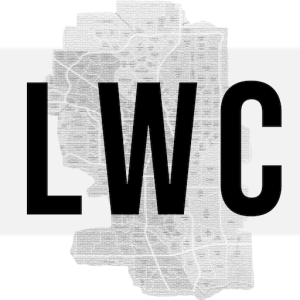CalgaryTiger
Senior Member
A new MSF could be constructed at another station with adjacent Park and Ride. There's Southland and Heritage nearby that have Park and Rides on the correct side of the freight tracks. I can dream up some interesting development that include an MSF, some parking, and maybe some other uses that would have public benefit.






